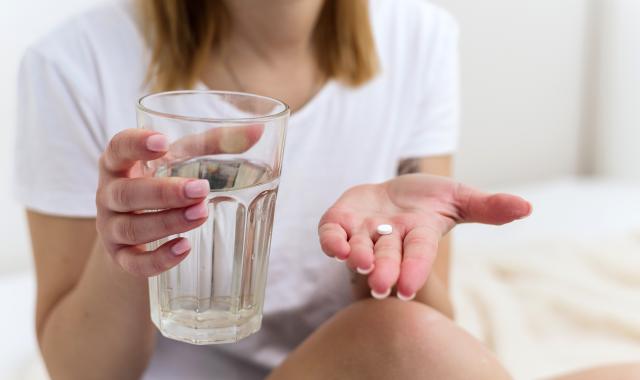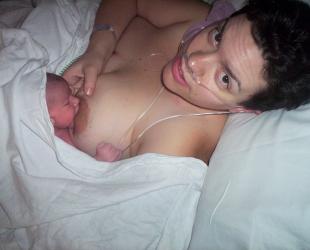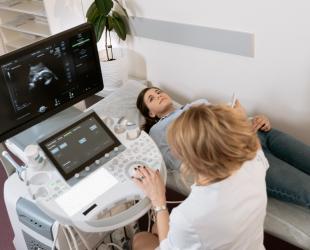Find out more about taking medicines while breastfeeding and where to get trusted information and support

Most breastfeeding mums will need to take medicines at some point, whether for pain relief, treating an illness, or managing a health condition.
Most medicines are safe to take while breastfeeding. All medications will enter your breastmilk, but usually only in tiny amounts.
If you’re prescribed medicine, make sure your healthcare provider knows you’re breastfeeding. If you’re buying any over-the-counter medicines or herbal products, tell the pharmacist or another healthcare professional so they can check what’s safe for you and your baby. You can also get expert advice by calling a specialist pharmacist through the medicines information service in your state or territory. The contact details are listed below.
Making safe choices about medicines while breastfeeding
Helpful questions to ask your doctor, pharmacist, or other healthcare professional:
- Is this medication safe for me and my baby?
- Will there be any side effects from this medication for myself or my baby?
- Is this medication the best option for my baby’s age and needs?
Some babies may have mild side effects when their mum takes medicines while breastfeeding. They might be unsettled, have a mild tummy upset or have a change in bowel motions. These effects are usually short-lived and minor but you can check with your health provider if you’re concerned.
Tips for safer medicine use while breastfeeding:
- Where possible, choose medicines that act locally (like ointments instead of tablets).
- Avoid slow-release medicines, as they stay in your body longer.
- For older babies, you may be able to time feeds so you breastfeed just before taking your medicine.
When medicines need extra care
If the medicine information says not to use it while breastfeeding, it doesn’t always mean it’s unsafe. Often, it just hasn’t been tested enough in breastfeeding mums. You or your doctor can check with a medicines information expert.
A few medicines can affect your milk supply. Medicines with pseudoephedrine (some cold and flu treatments) or oestrogen (some birth control products) may reduce supply. Talk to your doctor or pharmacist about your options.
A small number of medicines aren't safe while breastfeeding
Some medicines, like certain cancer treatments or drugs used for scans, can’t be taken while breastfeeding. If you need any of these, make sure you talk with your healthcare team about what it means for feeding your baby. You can also call a medicines information service for extra advice.
To keep your milk supply, you’ll need to express and throw away your milk while you’re taking the medicine. When your treatment is finished and the medicine is out of your system, you can usually start breastfeeding again. Again, a pharmacist can tell you how long you’ll need to wait.
Once you have this information, an ABA breastfeeding counsellor can talk through your options for feeding your baby during your treatment and help you make a plan to resume breastfeeding.
Need specific information about medicines and drugs?
You can call the national consumer medicines information line, 1300 MEDICINE (1300 633 424), or your state or territory’s Medicines Information Centre. Most centres are open during business hours.
For urgent calls outside these hours, phone the Poisons Information Centre on 13 11 26.
All states and territories
NSW
SA
Medicines Information Service
Women's and Children's Hospital
WA
Obstetrics Medicine Information Service
Women's & Newborn Health Service
King Edward Memorial Hospital
ACT / NT
Helpful resources
- Lactmed: Free online database with information on medicines, herbal supplements and drugs while breastfeeding.
- Perinatology.com: Links about drugs in pregnancy and breastfeeding.
- Infant risk centre: a forum for questions from health professionals, but anyone can use the site as a guest.
- Breastfeeding and Drugs - Queensland Government
- Medicines in breastfeeding - Royal Women's Hospital
In the following video, Dr Lisa Amir, general practitioner and lactation consultant, goes into detail about taking medicines (and alcohol) while breastfeeding.
The information on this website does not replace advice from your health care provider.
© Australian Breastfeeding Association December 2025


